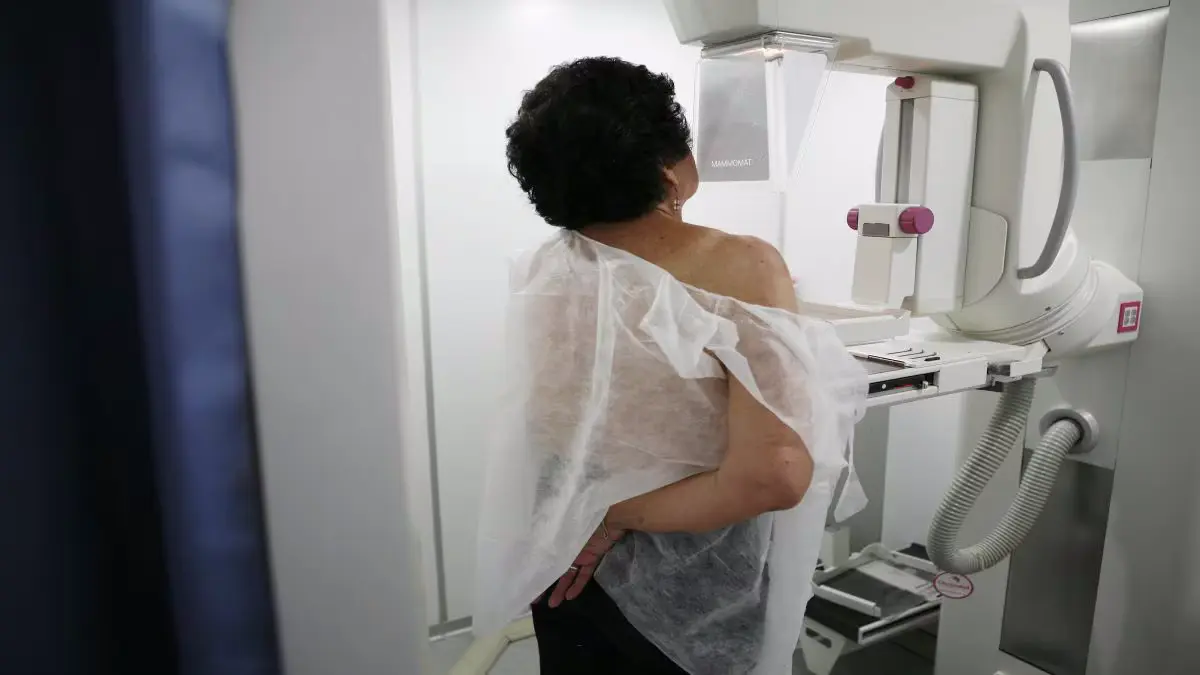Taking daily vitamin D supplements – or a combination of vitamin D and omega-3 fish oil – appears to carry a lower risk of developing autoimmune disease, with a more pronounced effect after two years, according to a recent study. The study has been published in ‘The BMJ Journal’. The researchers said that the clinical importance of these findings is high, “given that these are well-tolerated, non-toxic supplements, and that there are no other known effective therapies to reduce rates of autoimmune diseases.”
Autoimmune disease happens when the body’s natural defence system mistakenly attacks normal cells. Common conditions include rheumatoid arthritis, psoriasis, and thyroid diseases, which increase with age, particularly among women.
Both vitamin D and omega-3 fatty acids derived from seafood are known to have a beneficial effect on inflammation and immunity, but no large randomised trials have tested whether these supplements can lower the risk of autoimmune disease.
So researchers set out to test the effects of vitamin D and omega-3 fish oil supplements on rates of autoimmune diseases in 25,871 US adults (average age 67; 51 per cent women; 71 per cent non-Hispanic white).
When they joined the trial, participants provided information on their age, ethnicity, region of residence, income, education, lifestyle, weight, medical history, diet and supplement use. Blood levels of vitamin D and omega-3 fatty acids were also measured.
Participants were then randomly allocated to receive vitamin D (2,000 IU/day) or matched placebo, and omega-3 fatty acids (1,000mg/day) or matched placebo, and were asked to report any diagnosed autoimmune disease over an average 5.3 year period.
These included rheumatoid arthritis, polymyalgia rheumatica (pain and stiffness in the muscles around the shoulders, neck and hips), thyroid disease, and psoriasis, among others.
Reported cases were confirmed using medical records. Those with insufficient documentation for certainty were classed as “probable” cases.
Over the full duration of the trial, a confirmed autoimmune disease was diagnosed in 123 participants in the vitamin D group compared with 155 in the placebo group – a 22 per cent lower relative rate.
In the omega-3 fatty acid group, 130 confirmed cases were diagnosed compared with 148 in the placebo group (a 15 per cent reduction), but this was not a statistically significant result.
However, when probable cases were included, omega-3 fatty acid supplements did significantly reduce the rate by 18 per cent compared with placebo and there was a significant interaction with time, indicating a stronger effect the longer supplements were taken.
Similar results were found when only the last three years of the trial were considered. The vitamin D group had 39 per cent fewer confirmed cases than placebo; while the omega-3 fatty acid group had 10 per cent fewer confirmed cases than placebo.
Both vitamin D and omega-3 fatty acid supplements decreased autoimmune disease by about 30 per cent versus placebo alone.
This was a large trial involving a diverse general population with high rates of follow-up and adherence to treatment. However, the researchers acknowledged that they tested only one dose and formulation of each supplement, and say the results may not apply to younger individuals.
Nevertheless, they said that this is the first direct evidence that daily supplementation with either agent – or a combination of vitamin D and omega-3 fatty acids – for five years among older US adults reduces autoimmune disease incidence, with more pronounced effect after two years of supplementation.
“We are continuing to follow participants for two years in an extension study to test the time course of this autoimmune disease reduction effect,” they wrote.
“Further trials could test these interventions in younger populations, and those with high autoimmune disease risk.”






















